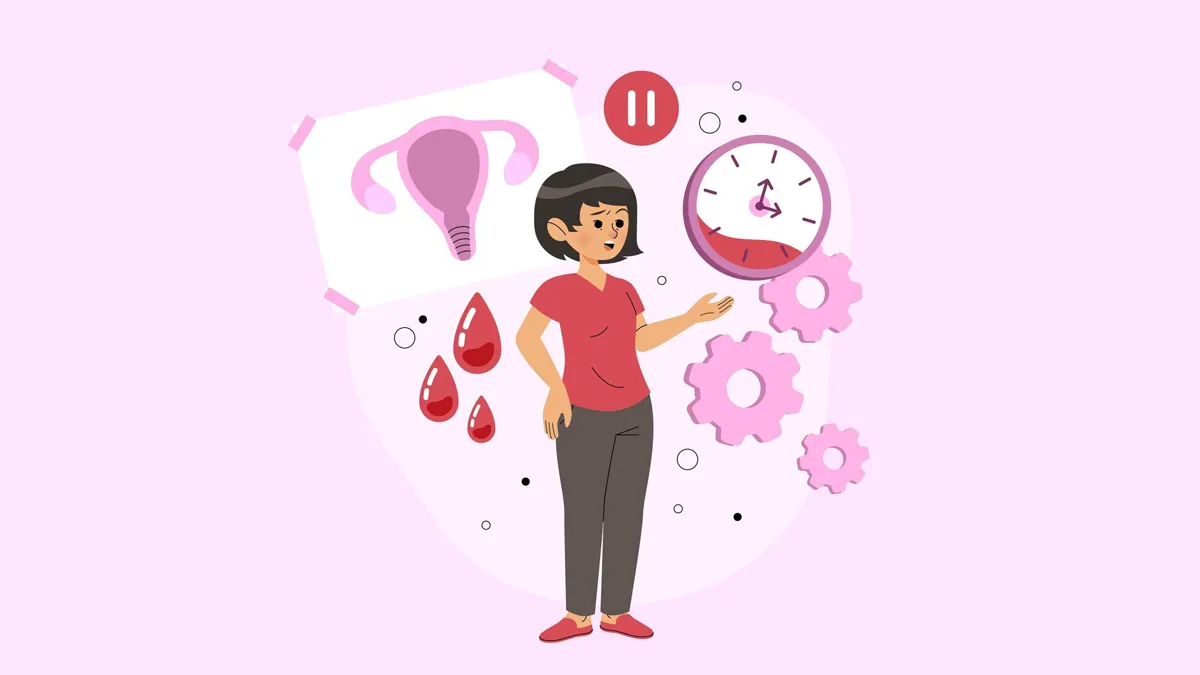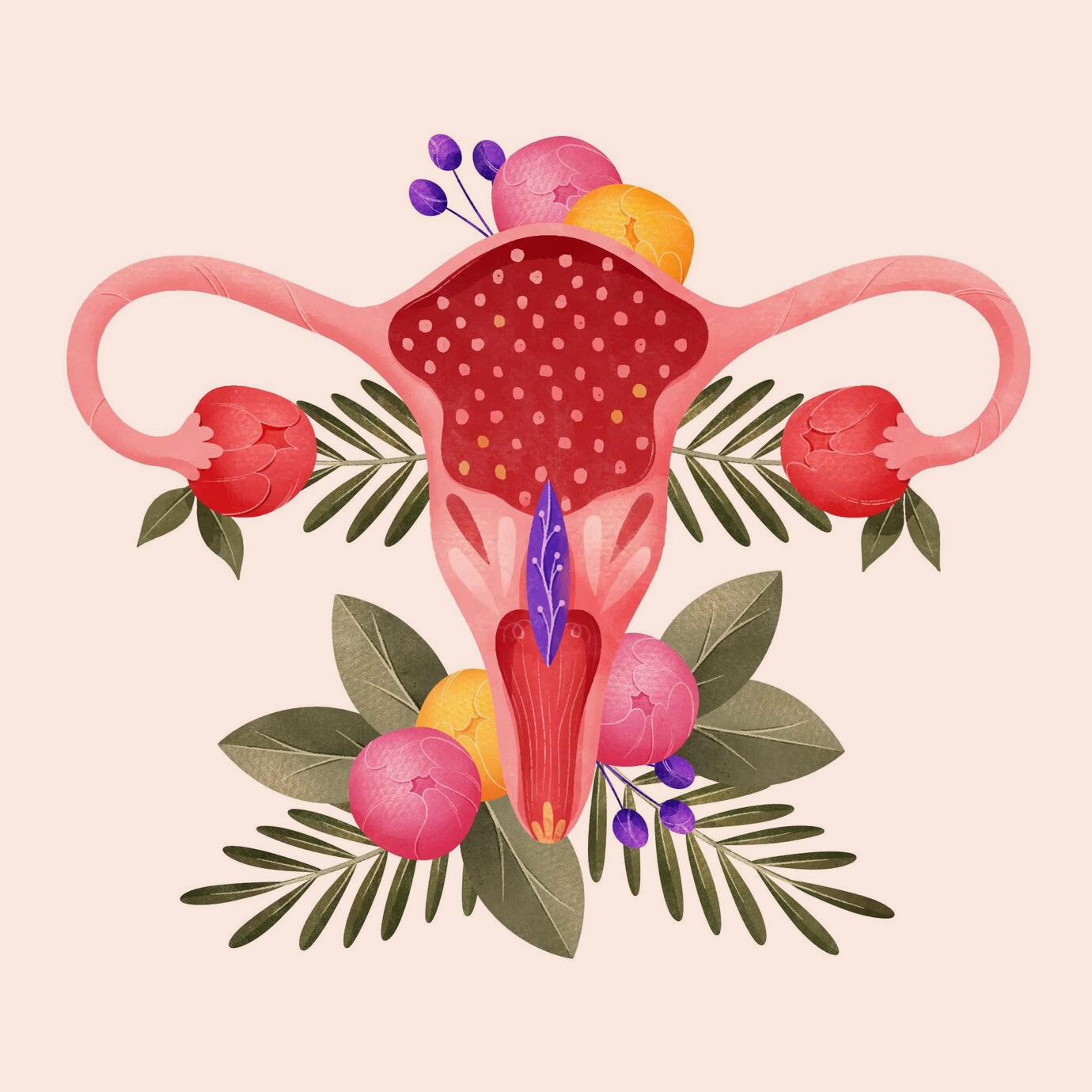
Oestrogen is a key hormone that not only regulates your reproductive system but also plays a vital role in various other body functions. Its levels naturally rise and fall throughout your life, often alongside other hormones that manage important bodily processes. For instance, increases in oestrogen kickstart sexual development during puberty and, together with progesterone, prepare your body for pregnancy.
But what happens when oestrogen levels become too high? Is having excess oestrogen harmful to your health? To get clarity, we spoke with Dr Monica Gupta, Consultant in Obstetrics and Gynaecology at Manipal Hospital Bhubaneswar, who shared her expert insights on the matter.
Here are five warning signs of high oestrogen that should be taken note of:

According to Dr Gupta, high oestrogen levels in women can be caused by several factors:
Don't Miss: Want To Achieve Hormonal Balance? 4 Ayurvedic Routines And Herbs You Can Try
While high oestrogen may not directly cause these diseases, it can exacerbate them. Some conditions associated with elevated oestrogen include:

Don't Miss: HPV Vaccine: Everything About Cervical Cancer Prevention Answered By Expert
Keep reading Herzindagi for more such stories.
Credits: Freepik
Also watch this video
Herzindagi video
Our aim is to provide accurate, safe and expert verified information through our articles and social media handles. The remedies, advice and tips mentioned here are for general information only. Please consult your expert before trying any kind of health, beauty, life hacks or astrology related tips. For any feedback or complaint, contact us at compliant_gro@jagrannewmedia.com.